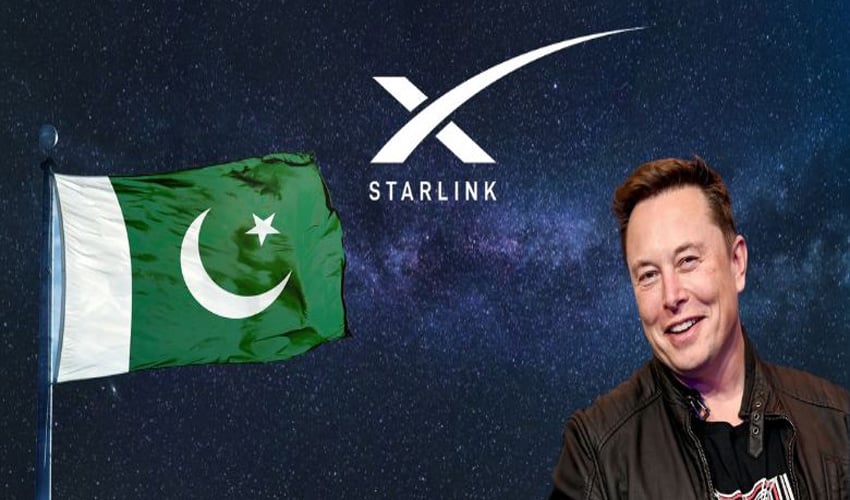The commercial rollout of Elon Musk’s Starlink internet service in Pakistan has been indefinitely delayed due to unresolved regulatory approvals and mounting cybersecurity concerns. Although SpaceX’s Starlink received a temporary no-objection certificate (NOC) in March 2025, the transition to a full commercial license has stalled.
According to insiders, the process is currently in a holding pattern, with key stakeholders adopting a cautious “wait and see” approach. “Do you think expensive satellite-based internet is a priority over national security?” questioned an official, underscoring the government’s focus on cybersecurity amid intensifying regional tensions.
To proceed with operations, Starlink must secure comprehensive security clearance from the Ministry of Interior and meet the requirements of the Pakistan Space Activity Rules 2024 and the National Space Policy 2023. Authorities are assessing the service’s potential risks, including technical, regulatory, and national security implications.
READ MORE:
SECP Forms Committee to Streamline Capital Market Account Opening
Starlink, which offers high-speed internet via Low Earth Orbit (LEO) satellites, has the potential to revolutionize connectivity in remote regions. However, its pricing model has raised significant affordability concerns for the local population.
Estimated Costs:
-
Residential users: PKR 35,000/month + PKR 110,000 one-time equipment fee
-
Business plans: PKR 95,000/month + PKR 220,000 installation charge
In comparison, local fiber internet packages range from PKR 2,500 to PKR 12,000/month, making Starlink an expensive, premium service.
Officials maintain that while the technology is promising, its implementation must be economically feasible and aligned with national digital priorities. “Starlink can enhance digital inclusion, but neither security nor affordability should be compromised,” a government representative emphasized.



